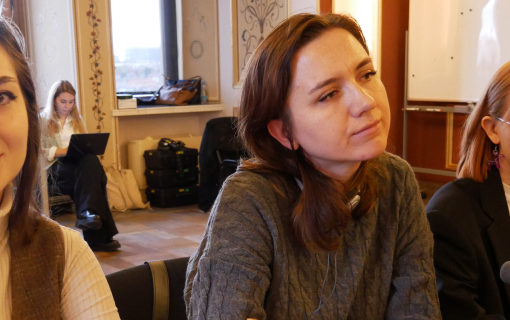Yemenis Are Open to Improving Status of Women, but Obstacles to Gender Equality Remain.
The International Foundation for Electoral Systems (IFES) and the Institute for Women’s Policy Research (IWPR) present data as part of SWMENA project
CAIRO (December 5, 2010)— The latest nationwide survey conducted by the Status of Women in the Middle East and North Africa (SWMENA) project finds that while majorities of both Yemeni women and men indicate support for introducing gender quotas in elected bodies and setting a minimum marriage age for girls, overall, different roadblocks remain on Yemeni’s path to achieving gender equality.
This survey, which is a product of IFES, the world’s premiere election-assistance and democracy promotion NGO, along with IWPR, sheds light into the political reality, economic status, and career and educational aspirations of women in Yemen. The survey was previously conducted in Lebanon and Morocco.
The Yemeni survey data, which was collected in June 2010, shows that while 61% of Yemeni women say they have voted in the most recent elections, their rate of civic participation remains abysmally low: over 90% of them reported never taking part in any civic activities to express their views on social and political issues. When it comes to labor force participation, there is also a lack of female representation: 61 percent of men work for pay, compared to only 7 percent of women. Additionally, a very high percentage of women (91%) and men (98%) oppose women traveling without a mahram or male escort, highlighting Yemeni society’s significant restriction on women’s freedom of movement.
Yet, other SWMENA survey findings are more encouraging. The majority of both women (58%) and men (57%) support the introduction of gender quotas in elected bodies in Yemen to increase women’s political representation. Additionally, sixty-four percent of both men and women each strongly or somewhat support women as political candidates. Meanwhile, more than 70% of Yemeni women and men expressed their support for a minimum marriage age law set at 17.
The SWMENA project is composed of two phases. The survey is the first phase of the project. The second phase consists of delivering the data to local women’s rights NGOs along with capacity-building workshops to boost their ability to use the information to improve the standing of women in the MENA region.
The full findings of the Yemen portion of the SWMENA survey were presented at a workshop on December 4 and 5 in Cairo, Egypt. The participants of the workshop in Cairo included representatives from Yemeni civil society organizations representing diverse women-focused issues such as education, violence against women, political and human rights and youth.
###









